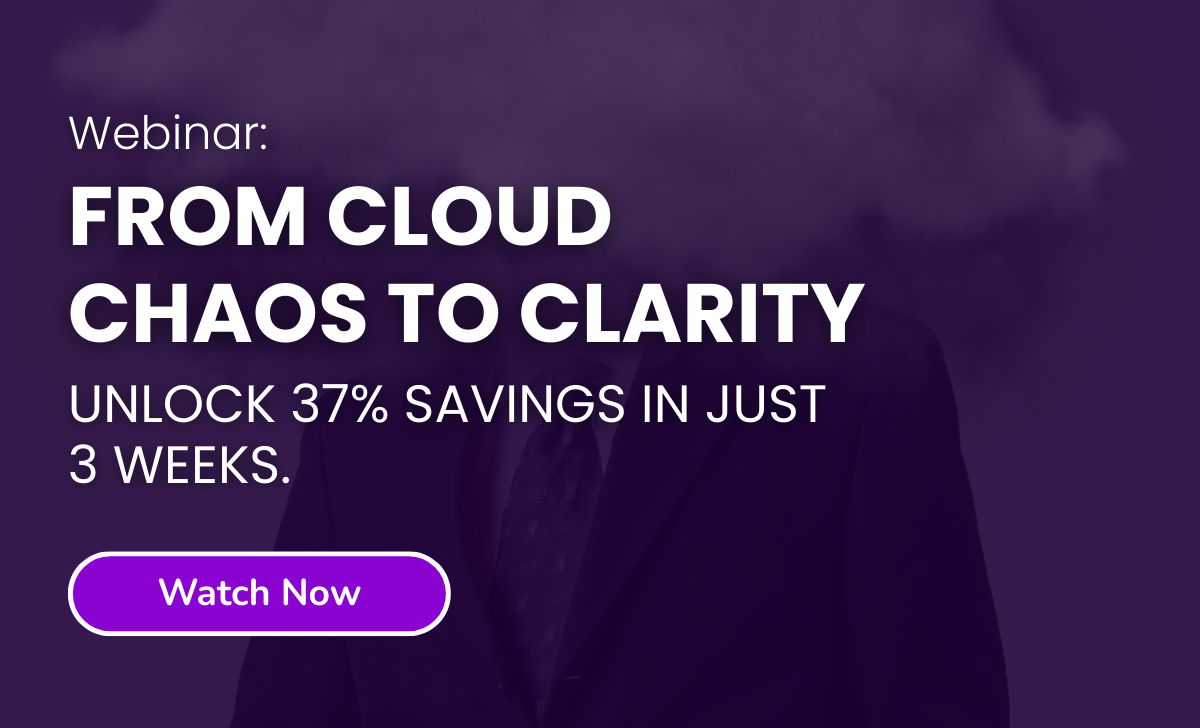May 5, 2021
4 minutes
See more of:
See more of:
See more of:
Not sure whether to develop or buy a new Policy Administration or underwriting system?
Accelerated digitalisation and virtual operations are now a priority for many insurers. This includes parametric policies or new usage-based insurance, increased automation, tighter underwriting standards, or greater online capabilities such as self-service portals.
However, to achieve this many insurers need to modernise or migrate their core business systems such as their Policy Administration or Underwriting software. This leads to the question, is it better to build or buy your new system?
Before you decide to develop a new Policy Administration or Underwriting System consider:
Is there a system already available?
Generally, the cost of moving to a Commercial Off-The-Shelf (COTS) package is cheaper than building a bespoke Policy Administration System (PAS). Choosing an existing insurance software package comes with peace of mind that the solution is already being used by other insurance companies, is continually developed and has support readily available. Subject to your configuration requirements, the software should also be quicker to implement within your business.
When carrying out your search, find out if there is already a solution geared towards your specific insurance sector as a software package designed to support the general car insurance market, for example, may not be suitable for commercial insurance. This enables you to find a close a fit as possible to your business operations model. Where there are differences, you will need to decide whether you can adapt your current business model to work with the software or if the package can be configured to your work practices.
You should also consider your specialisms. If you offer a unique insurance product or specialism, does that insurance software support your distinct business needs? For example, offering classic car insurance involves unique risks due to the cost of ownership and type of owners involved. Where the COTS package does not support this, ask if the insurance software provider can offer bespoke development or whether you will need to find a third-party to outsource development to. Lastly, you will need to factor in how the insurance software will integrate with your existing legacy systems especially if they are bespoke.
Should you require support in your discovery phase, business technology specialists who specialise in insurance can guide you through this. They can help to outline all the options available to you with their pros and cons and how they would compare against a custom-built Policy Admin System.
If at the end of this phase, you decide to outsource development of a Policy Administration System, we would advise that you look for evidence of the following from in your prospective insurance technology partner:
Do they understand the insurance market?
It is best to select an insurance technology specialist who understands the insurance market and has worked with them before. By doing so they already speak the same language. You won’t need to explain what terms such as a CFI, MTA, rider and subjectivities are and how this will influence the functionality that needs to be developed.
Not only that, but as a highly regulated business facing mounting regulatory challenges this year (See Figure 6), you would benefit from outsourcing to an insurance software technology partner well versed in ensuring that the technology stands up to scrutiny.
What experience do they have integrating complex core systems, particularly for insurance?
For your new Policy Administration System to work effectively it needs to integrate seamlessly with your existing core solutions for claims, finance and loss prevention. Can the technology specialist demonstrate that they know how to obtain this information from your other systems and the rules required to administer a policy?
How will they manage your data?
Your current Policy Administration system will hold vast amounts of historic and active policy data. So that this vital information is not lost and easily accessible, you will need to consider what information you want to keep and how the company will support you in the transition of that data. Unless both the new and old system run off the same data set, you will need to migrate data from one platform to another.
An alternative would be to take a staged approach and “sunset” your old system. Dependant on the licensing and the financial implications of keeping your old system, this allows you to look at old policies and use the old system as reference-only. Active policies in the old system will then naturally expire and can be renewed in the new system when ready.
Whatever approach is taken, there needs to be a careful consideration in terms of the cost, time and business benefits. When talking to prospective insurance software technology partner, ask them what approach they would advise and how they would come to that decision.
If you would like to discuss any of the above or a particular challenge that you face, contact us. Our specialists provide insurance technology consultancy, bespoke development and insurance products for both general and commercial insurance and would be more than happy to help.


